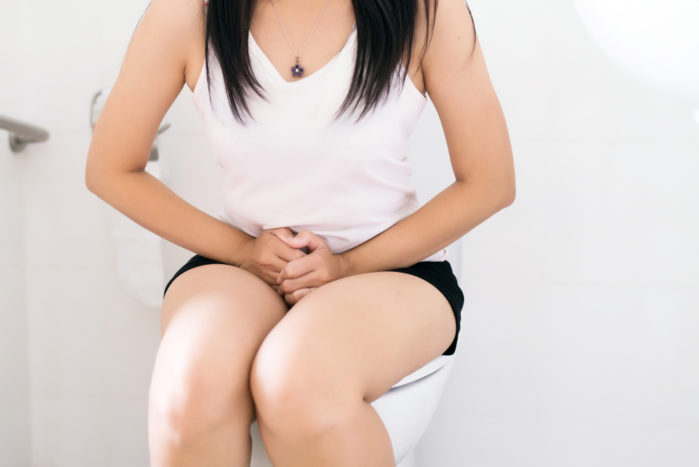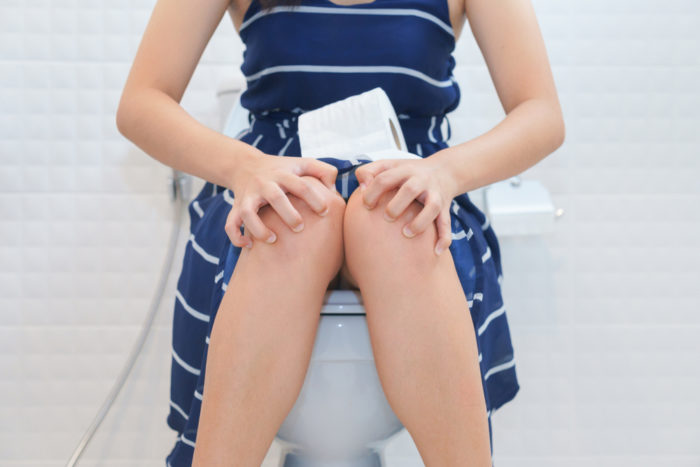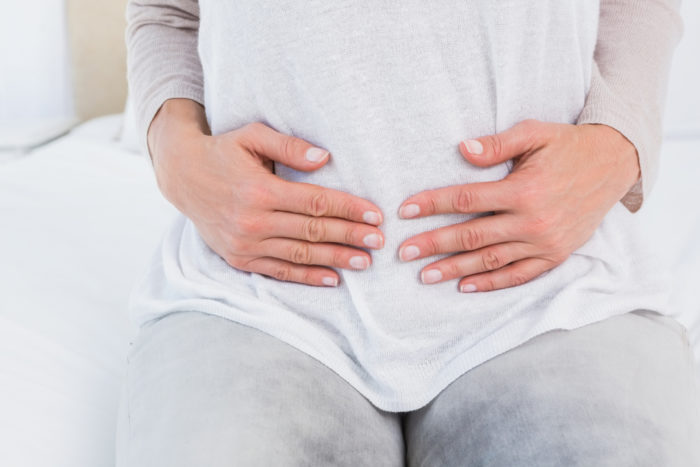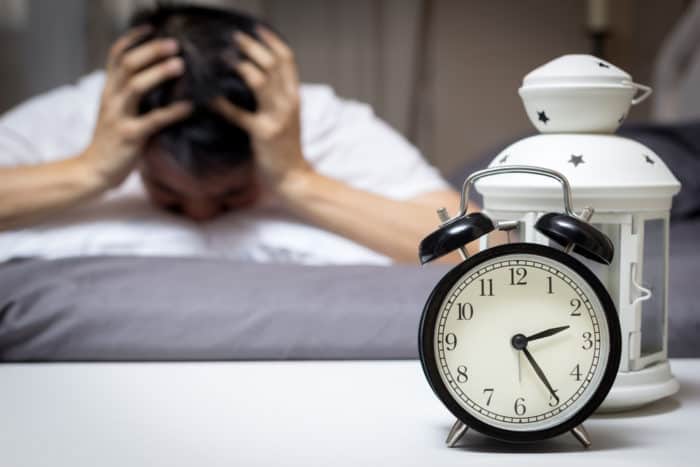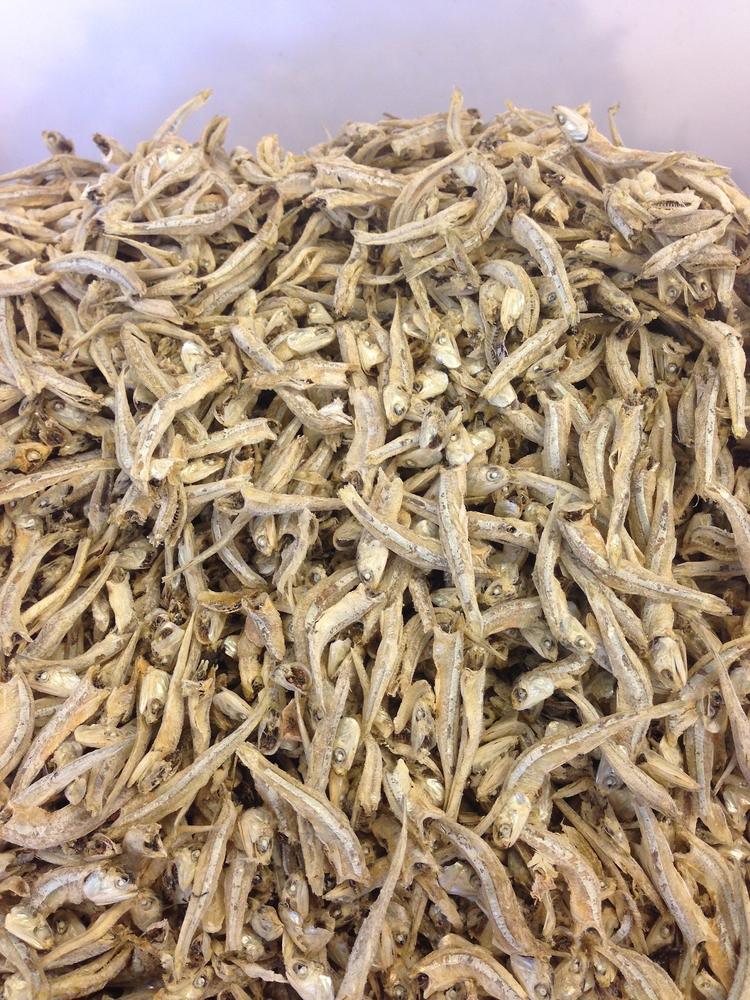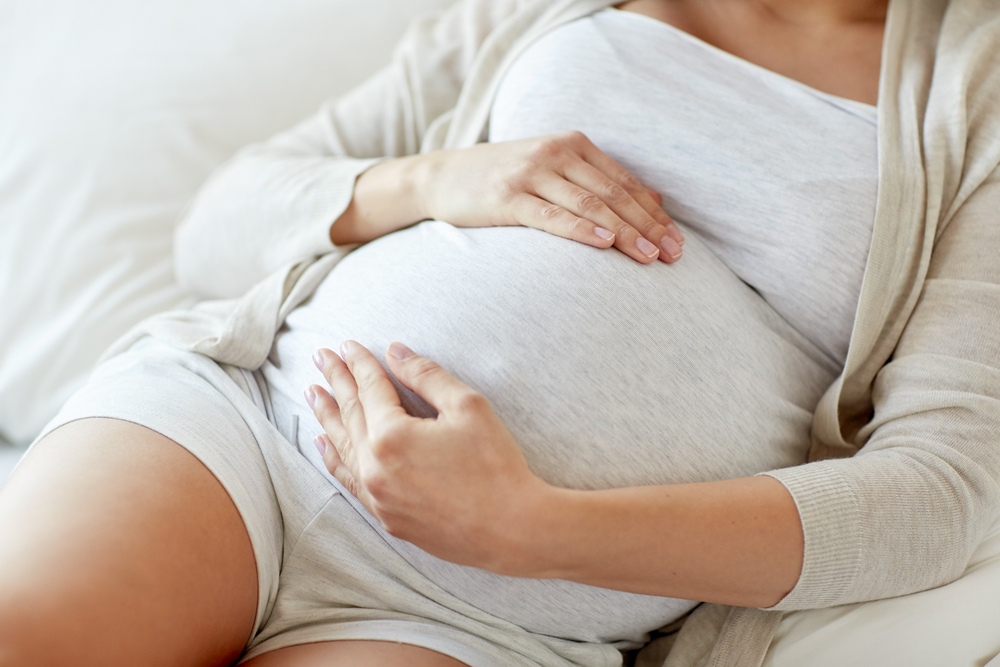Contents:
- Medical Video: Irritable Bowel Syndrome | IBS | Nucleus Health
- The most common IBS symptoms
- 1. Abdominal pain and cramps
- 2. Diarrhea
- 3. Constipation
- 4. Constipation and diarrhea (mixed)
- 5. Changes in bowel movements
- 6. Gummy stomach and bloating
- 7. Food intolerance
- 8. Fatigue and difficulty sleeping
- 9. Anxiety and depression
Medical Video: Irritable Bowel Syndrome | IBS | Nucleus Health
Irriteble bowel syndrome (IBS) is a common digestive disease that affects the work of the large intestine, which is characterized by abdominal pain and changes in bowel habits. Diet, stress, lack of sleep, and changes in intestinal bacteria can trigger symptoms. However, triggers are different for each person, so it is difficult to mention specific foods or stress that should be avoided by everyone. Then, what are the most common IBS symptoms?
The most common IBS symptoms
1. Abdominal pain and cramps
Abdominal pain is the most common symptom of IBS. Normally, the intestine and brain work together to control digestion, through hormones, nerves, and signals released by good bacteria that live in your intestines.
However, the IBS signal is not well received, causing the large intestine muscles to tense and not coordinate well.
This pain usually occurs in the lower abdomen or the entire abdomen, and rarely occurs only in the upper abdomen. This pain usually subsides after you defecate.
2. Diarrhea
Diarrhea is a symptom of IBS which is dominant in about one third of patients. A study shows that IBS patients experience an average of 12 bowel movements every week.
The digestive process in the intestine becomes faster so that it often causes a sudden urge to defecate.
In addition, faeces from IBS patients tend to be runny and may contain mucus.
3. Constipation
Apart from causing diarrhea, IBS can also cause constipation. IBS which is predominantly constipated is a more common symptom of IBS, which affects nearly 50 percent of people with IBS.
Changing signals between the brain and intestine can accelerate or slow down the time of fecal formation. When the time of this formation slows down, the intestines absorb more water from the stool, so that the stool becomes more difficult to remove.
4. Constipation and diarrhea (mixed)
Constipation, diarrhea, or both alternately occur in about 20 percent of IBS patients. Diarrhea and constipation in IBS cause chronic recurrent abdominal pain.
IBS with both symptoms tends to be more severe than others with more frequent and intense symptoms.
5. Changes in bowel movements
Movement of stools that slow down in the intestine often dehydrates when the intestine absorbs water. So that it makes stool hard, which can worsen symptoms of constipation.
While rapid stool movement through the intestine leaves little time to absorb water, so the stool becomes more fluid and causes diarrhea.
IBS can also cause mucus to accumulate in the stool, which is usually not associated with other causes of constipation.
In addition, stool may also contain blood. This is a symptom of IBS that has the potential to be more serious and needs to be immediately examined by a doctor. The blood in the stool may appear red but often looks darker or blacker.
6. Gummy stomach and bloating
Digestive changes in IBS cause more gas production in the intestine and cause flatulence.
In a study of 337 IBS patients, 83 percent reported experiencing flatulence and cramps. Both of these symptoms are more common in women and in IBS predominantly constipation or IBS mixed types.
7. Food intolerance
Food intolerance is not an allergy. Some people with IBS report that certain foods can trigger IBS symptoms. However, the reason why certain foods can trigger IBS is unclear.
This IBS trigger food is also different for everyone. However, most often include FODMAP, laktoa, and gluten.
8. Fatigue and difficulty sleeping
A study reported that 160 adults diagnosed with IBS had low stamina, so they felt tired quickly. IBS patients become more restrictive to physical activity in work and social interaction.
IBS is also associated with insomnia, which includes difficulty sleeping, frequent awakening, and feeling uncomfortable in the morning when I wake up.
In a study of 112 adults with IBS, 13 percent reported poor sleep quality.
Another study of 50 men and women found that people with IBS slept about one hour longer but felt less refreshed in the morning than those who did not have IBS.
In addition, these two symptoms of IBS can also indicate worse gastrointestinal symptoms.
9. Anxiety and depression
Other IBS symptoms are anxiety and depression. It is not clear whether these symptoms are expressions of mental stress or stress of living with IBS which makes people more vulnerable to psychological disorders.
A study conducted on 94,000 men and women, people with IBS more than 50 percent experienced anxiety disorders and more than 70 percent were more likely to experience mood disorders, such as depression.
Other studies compare the levels of the stress hormone cortisol in patients with and without IBS. As a result, people with IBS experience higher cortisol changes, which means higher stress levels.



